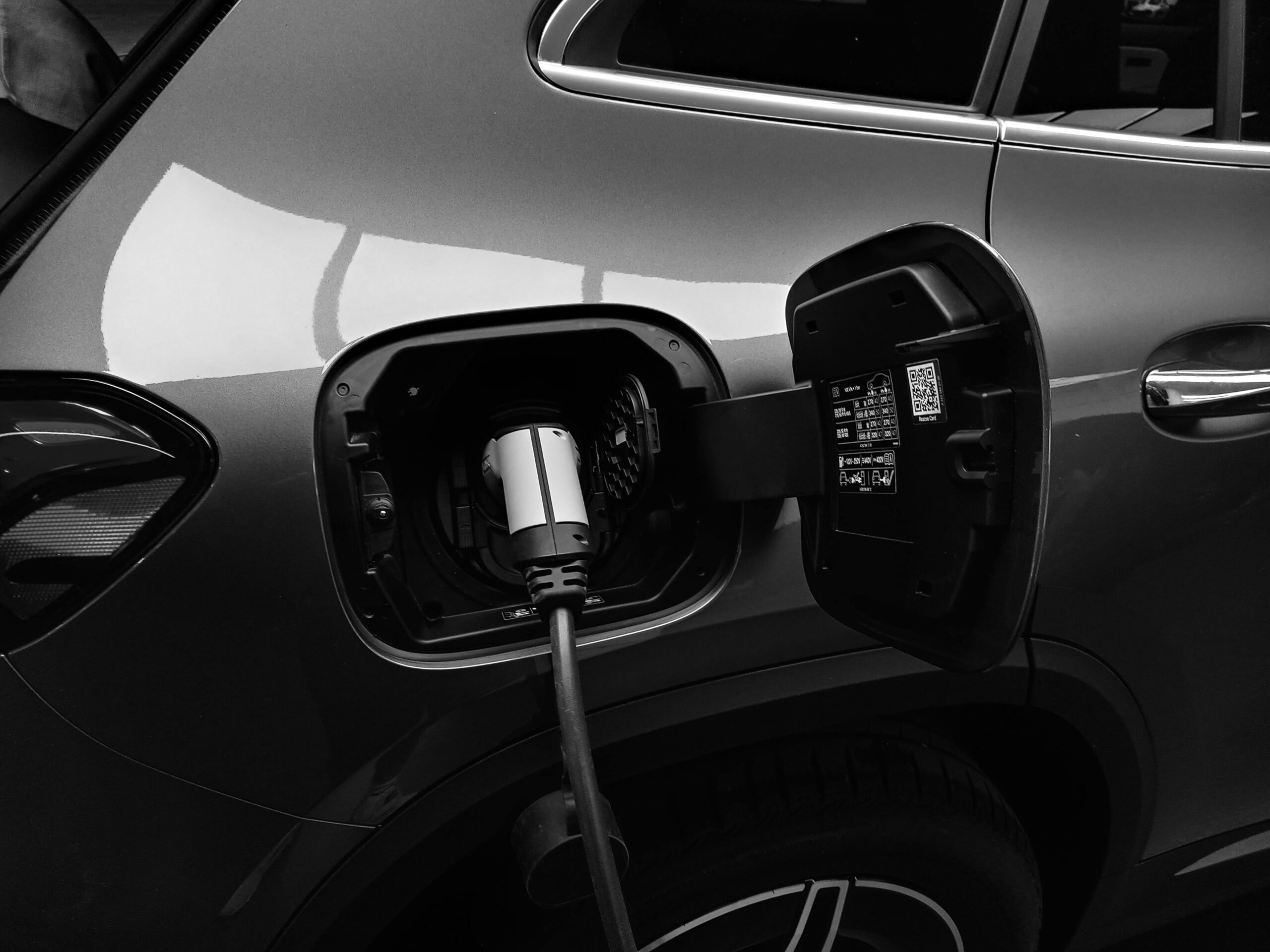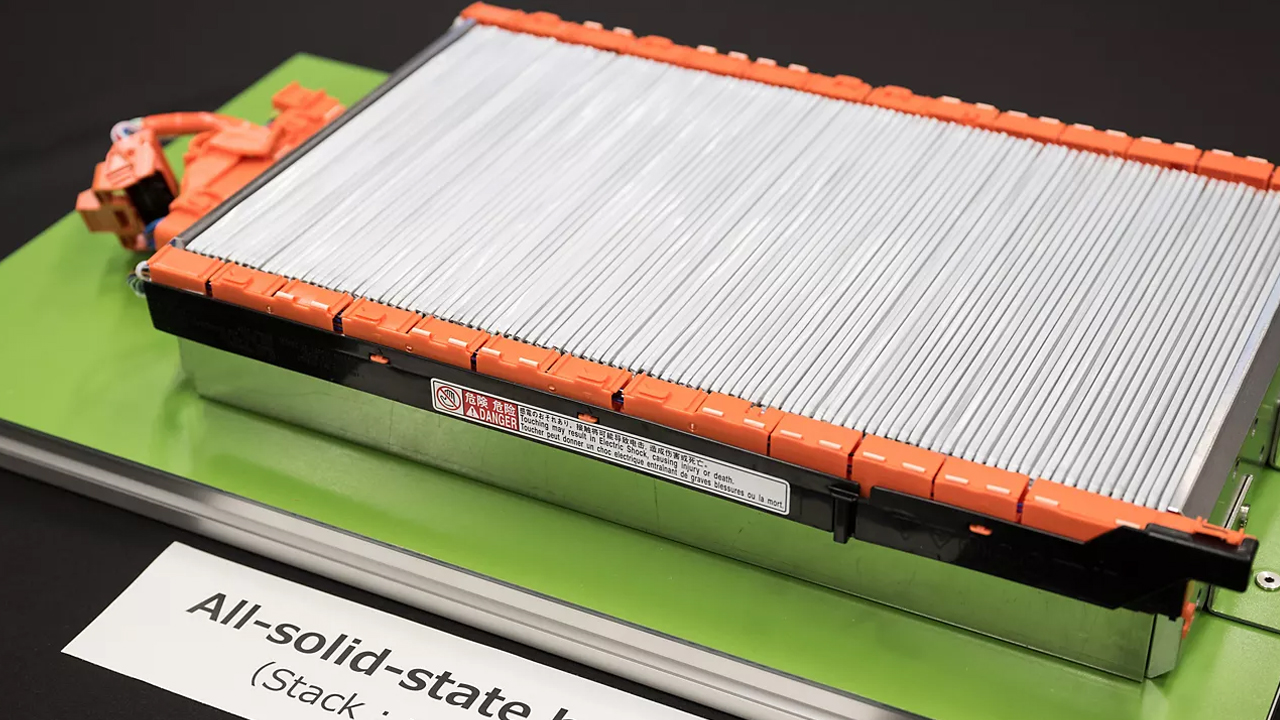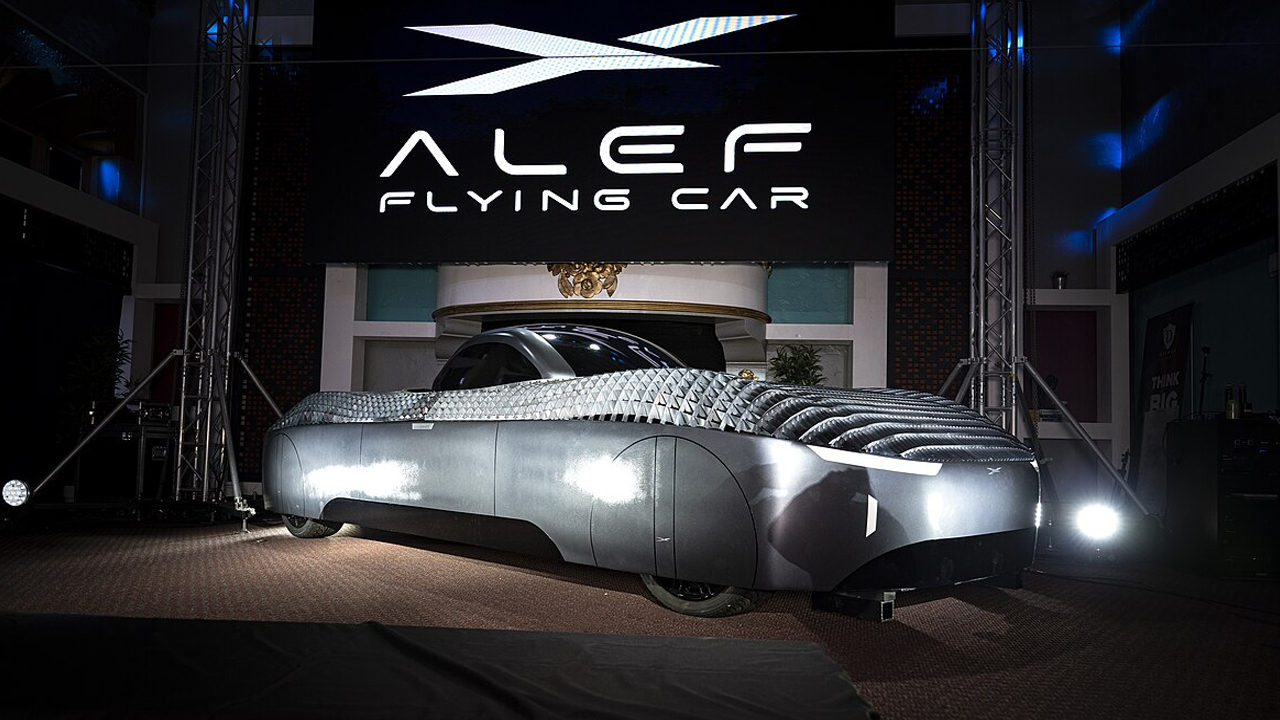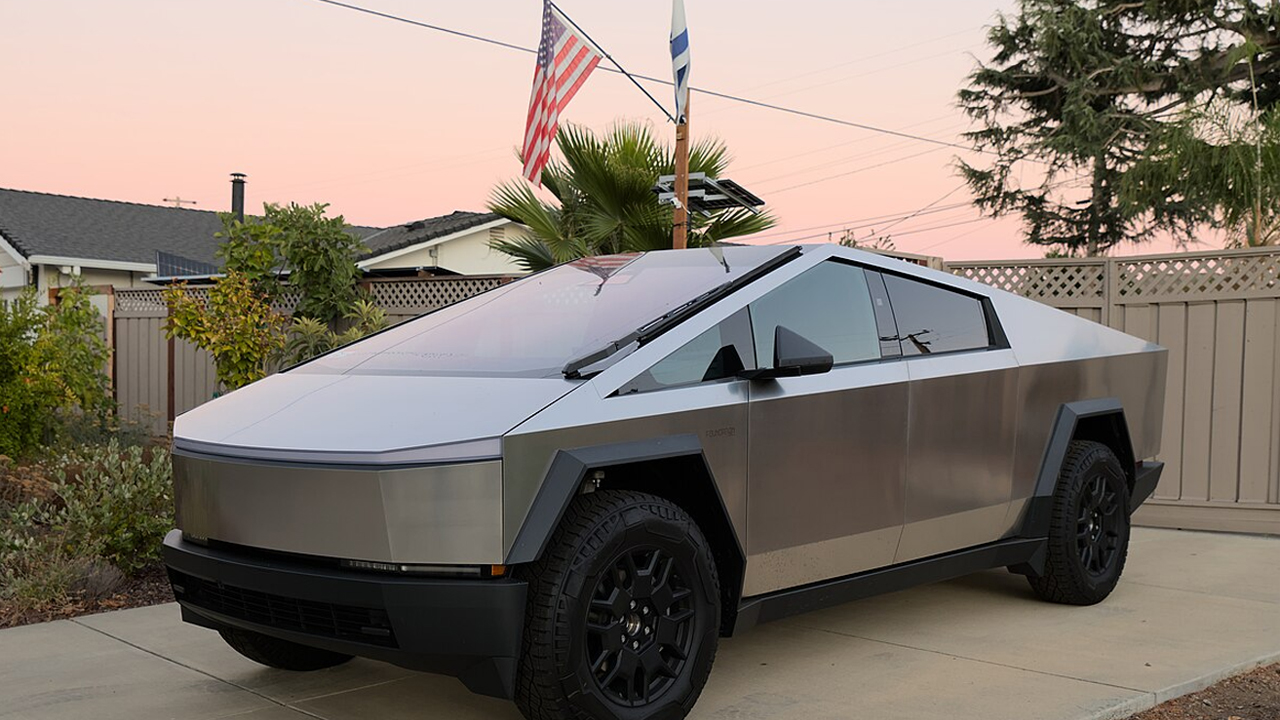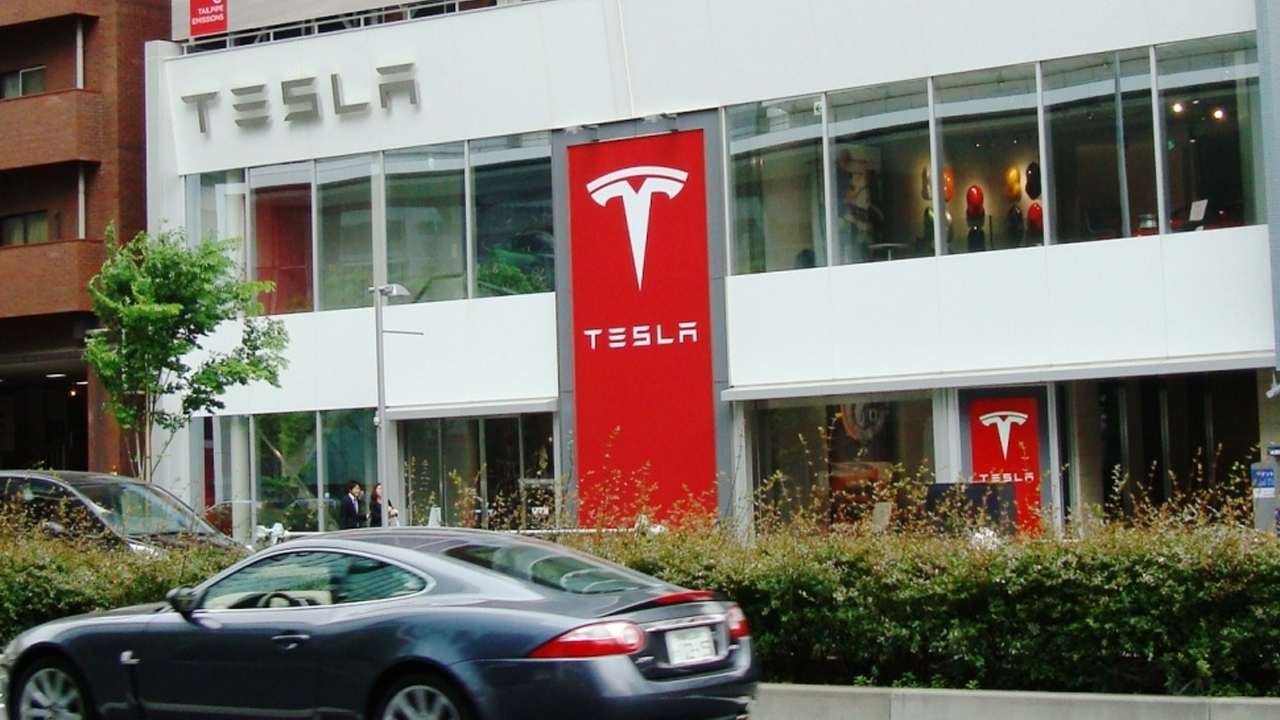While other automakers fight over plug types and charger availability, Toyota may have just leapfrogged the entire EV industry. The company is developing a breakthrough solid-state battery that could offer 745 miles of range and recharge in just 10 minutes (Source: CBT News).
This isn’t just an upgrade. It’s a potential death sentence for the entire charging anxiety conversation—and Toyota plans to start production by 2027–2028.
What Makes Solid-State So Disruptive?
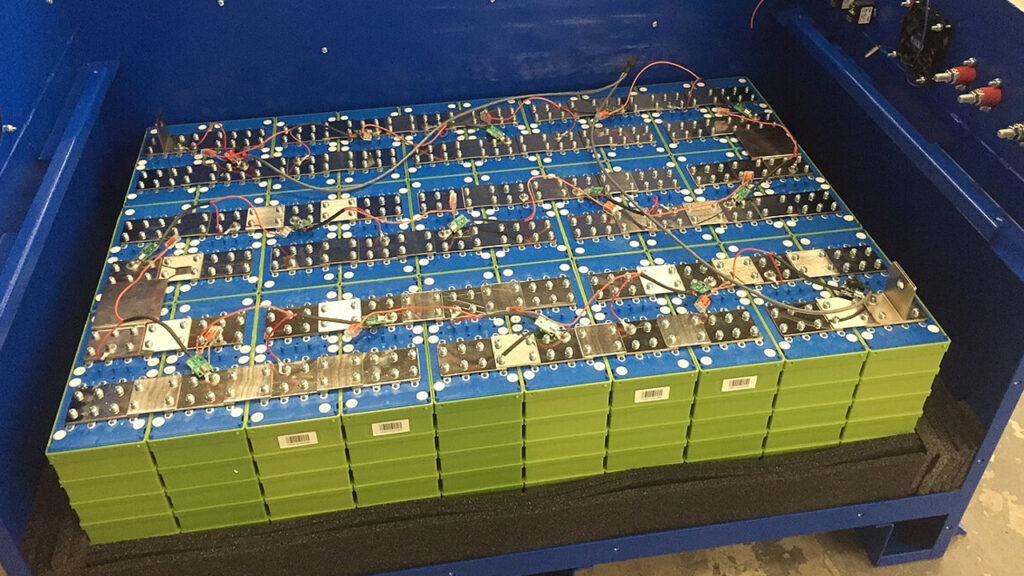
Traditional lithium-ion EV batteries use liquid electrolytes. These are heavy, degrade over time, and require extensive cooling systems. Toyota’s solid-state batteries replace that liquid with a solid ceramic material, which makes the battery smaller, lighter, safer, and significantly more efficient (Source: TopSpeed).
Here’s what Toyota claims their new battery tech will offer:
- 745-mile range on a single charge
- 10-minute full recharge time
- Longer lifespan with minimal degradation
- Lower fire risk thanks to thermal stability
In theory, this would make public fast-charging networks obsolete—and bring EVs even closer to full parity with gas-powered vehicles (Source: TopSpeed).
Why Toyota Took Its Time
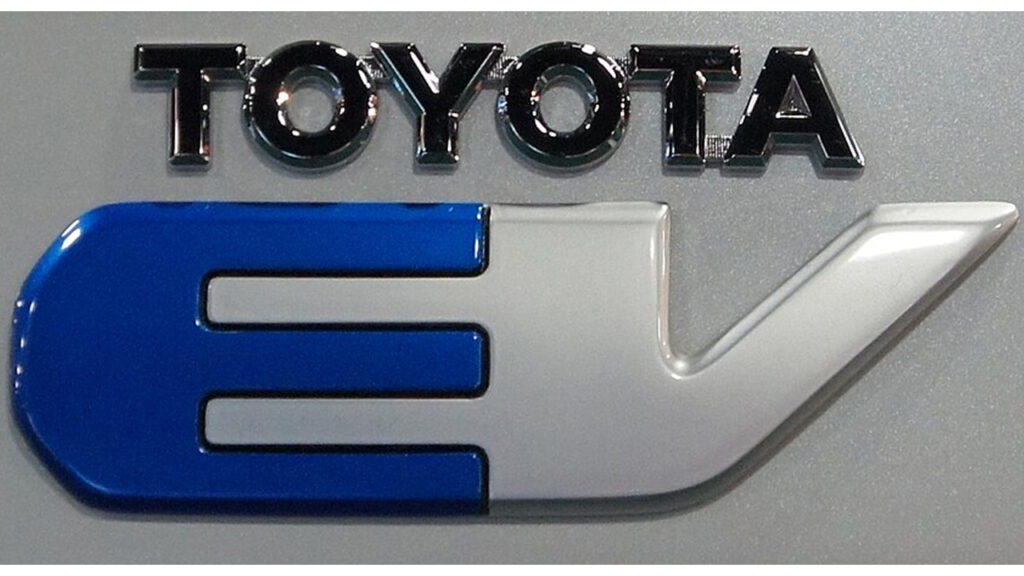
Toyota has been criticized for falling behind in the EV race while others sprinted ahead. But that may have been intentional. Instead of chasing short-term wins with lithium-ion, Toyota has quietly poured $13.5 billion into long-term battery innovation (Source: CBT News).
The result is a focus on quality over hype. While Tesla and BYD battle for headlines, Toyota is preparing to deliver something none of them have: the first production-ready solid-state EV battery.
Real-World Testing Starts Soon
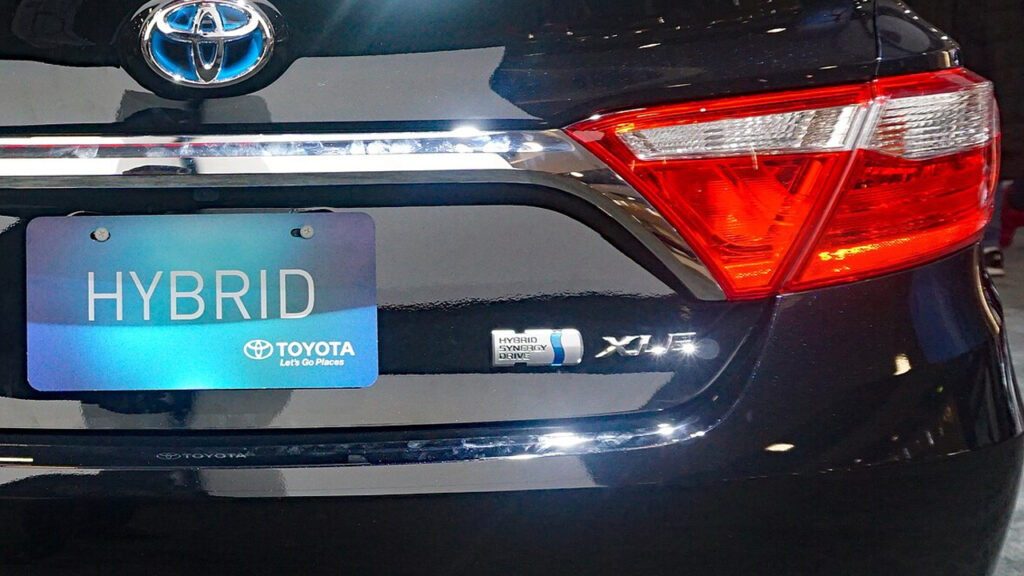
According to internal reports, Toyota aims to begin real-world testing of solid-state battery vehicles by 2025 (Source: TopSpeed). This won’t be a lab experiment—it’s expected to be integrated into actual prototype vehicles for performance validation and high-speed charging demos.
Initial rollouts will likely target high-end segments to offset production costs, but the long-term goal is clear: make this technology mainstream.
What Happens to Everyone Else?
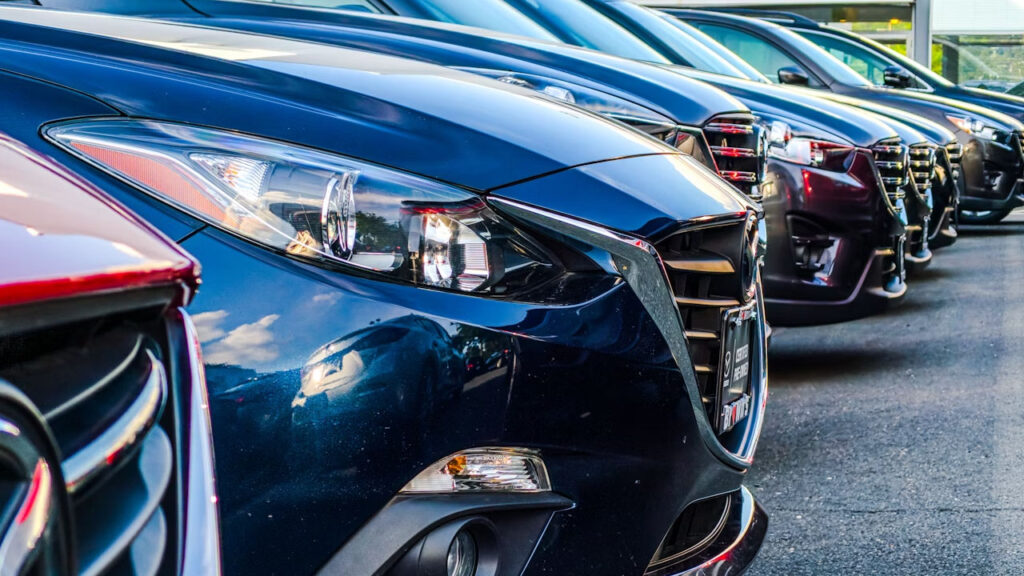
If Toyota succeeds, it could send shockwaves through the EV market. Companies that have spent years building out fast-charging networks or optimizing lithium-ion chemistry may find themselves years behind overnight.
Imagine this future:
- You charge at home in 10 minutes—no infrastructure needed
- Long road trips without a single charging stop
- Battery replacements become rare instead of expected
That’s the future Toyota is quietly building—and the rest of the industry may not be ready.
Final Thoughts

Toyota doesn’t usually chase headlines. But when they make a move, it’s big. Just like they did with the Prius two decades ago, they may now be preparing to redefine the next 20 years of transportation.
If this tech delivers even 70% of what’s promised, the EV conversation will shift from “Where do I charge?” to “Why doesn’t every car use this?”
